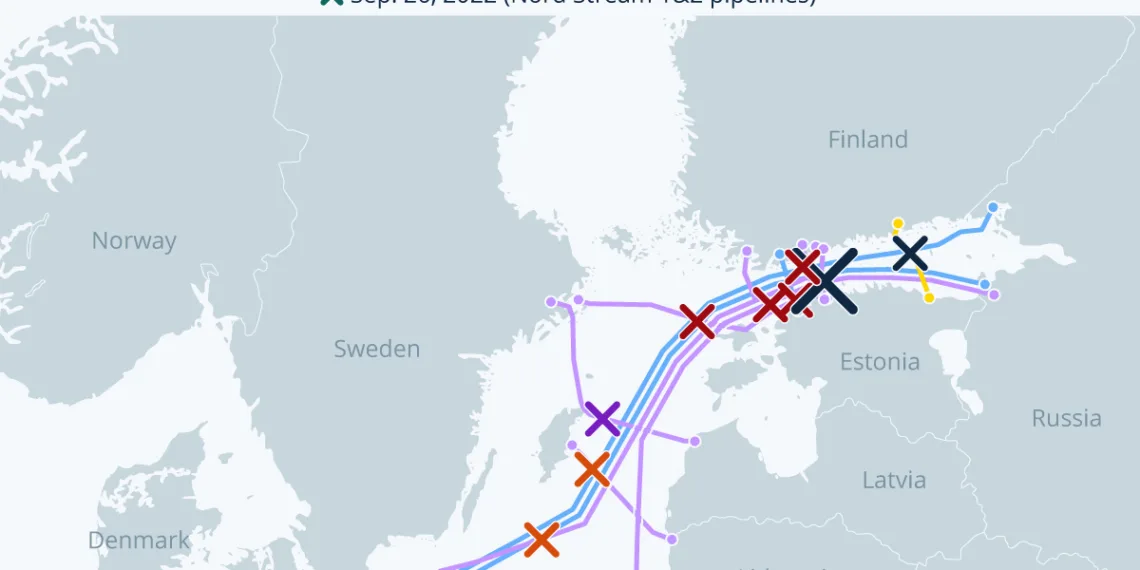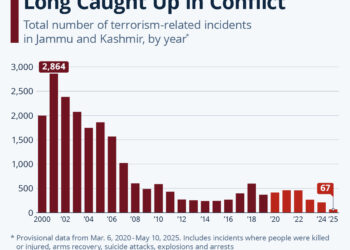Select Language:
Unraveling the Baltic Sea Cable Incidents: An Analysis of Recent Events
Background on Baltic Sea Infrastructure
The Baltic Sea is home to a significant network of underwater cables and pipelines that facilitate communication and energy supply between several European countries, including Sweden, Finland, Germany, Estonia, and Latvia. These cables and pipelines are critical for telecommunications and energy distribution, making their integrity paramount for the involved nations.
Importance of Underwater Cables
Underwater cables are vital arteries for global communications and internet connectivity. They carry approximately 95% of international data traffic, influencing everything from personal communications to critical business operations. In the Baltic Sea, these cables connect diverse economies and support a web of international relations and dependencies.
A Surge in Incidents: Recent Developments
Overview of Cable and Pipeline Damages
Recent months have seen a worrying trend of incidents affecting the underwater cables in the Baltic Sea. Over the span of three months, there have been three significant incidents that have damaged at least seven telecommunication links. Notably, these incidents resulted in complications for countries such as Sweden, Finland, Germany, Estonia, and Latvia.
Damage Statistics
- Total Damaged Cables: 10 different underwater cables affected
- Gas Pipelines Impacted: 3 gas pipes damaged
This upsurge follows the infamous Nord Stream pipelines’ rupture, which occurred in September 2022, raising alarms about the security of critical infrastructure in the region.
Suspicions of Negligence or Malice
Findings from Investigations
Reports from various intelligence agencies suggest that the recent incidents may stem from negligence rather than deliberate sabotage. However, the shadow of suspicion still looms large. Notable involvement of several vessels flagged in these incidents includes:
- Chinese-registered Ships: Allegedly linked to Russian interests
- Russian Vessels: Part of a so-called "shadow fleet," typically involved in dodging sanctions
Analysis of Recent Incidents
On January 31, 2024, Norwegian authorities detained a Russian-crewed cargo liner named Silver Dania, connected to a recent incident just days earlier. This event mirrors previous encounters, where Denmark intercepted the Chinese vessel Yi Peng 3 for suspected cable damage and Finland confiscated the Russian Eagle S associated with Christmas Day damage.
Historical Context: The Nord Stream Incidents
The 2022 Nord Stream incidents are pivotal in framing public perception regarding recent events. The explosions that damaged the pipelines were declared an act of sabotage, leading to widespread speculation about the responsible parties, which included not just Russia but also potential involvement from Ukraine.
Nature of Damage: Accidents vs. Sabotage
Mechanisms of Damage
The way commercial vessels have been causing harm to the underwater infrastructures differs significantly from the explosive damage seen in previous incidents. Reports indicate that the vessels have been inflicting damage primarily by dragging their anchors across cables and pipes.
Implications of Anchor Dragging
- Extent of Damage: While less severe than explosions, anchor damage can still be extensive and disruptive.
- Operational Concerns: Questions arise regarding the maintenance levels of vessels and the training of their crews, invoking skepticism over how such incidents could occur without notice.
Broader Patterns of Cable Damage
Globally, approximately 150 to 200 cable damage incidents occur each year, predominantly due to anchoring and fishing-related practices. This statistic indicates that while accidents do happen frequently, the recent clustering of incidents in the Baltic Sea remains abnormal and fuels further suspicion.
Geopolitical Implications and Global Context
Tensions in the Region
The string of cable and pipeline incidents occurs against a backdrop of heightened geopolitical tensions involving Europe, Russia, and China. These relationships have been complicated by the ongoing conflict in Ukraine and the energy dependency issues faced by many European nations.
Impact on Global Communication and Energy Integrity
The integrity of infrastructure in the Baltic Sea is crucial, not just for regional communication and energy supply but also for global networks. Damage to these cables incurs substantial repair costs and can lead to prolonged disruptions in service, which could have far-reaching consequences.
Concurrent Global Events
Similar incidents have transpired in other parts of the world, such as Taiwan, reinforcing a pattern of concern regarding underwater cable security. The concurrent global tensions highlight the fragility of international infrastructure, necessitating a more vigilant approach to monitoring and safeguarding pivotal underwater assets.
By investigating the multifaceted dynamics involved in these incidents, it becomes evident that the narrative surrounding the Baltic Sea cables is not only about physical infrastructure but also about the interplay of negligence, global politics, and international security.






